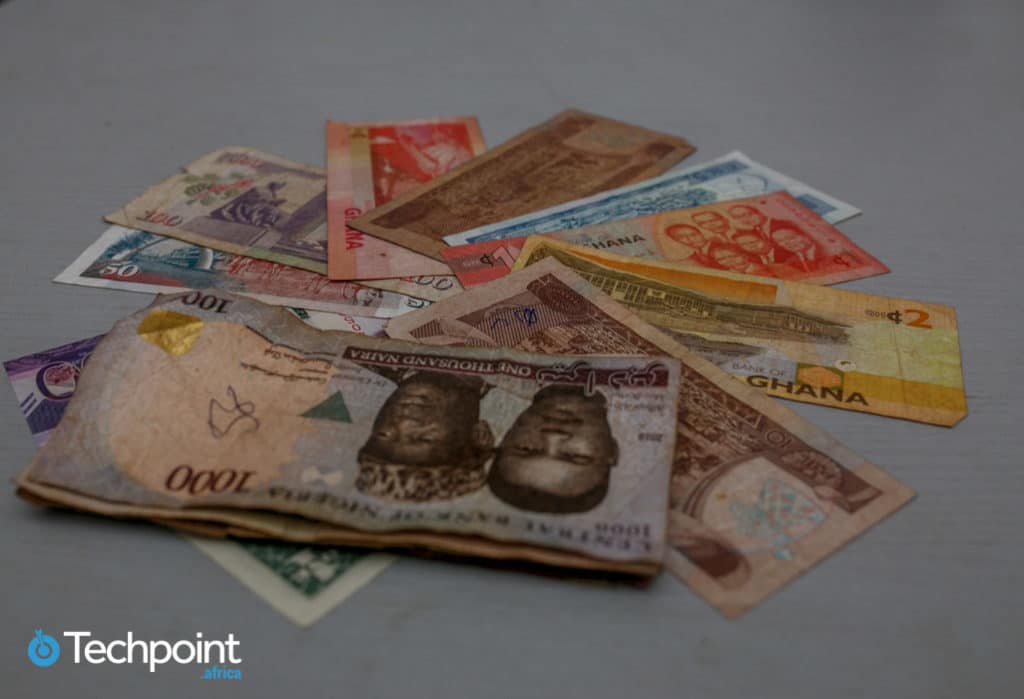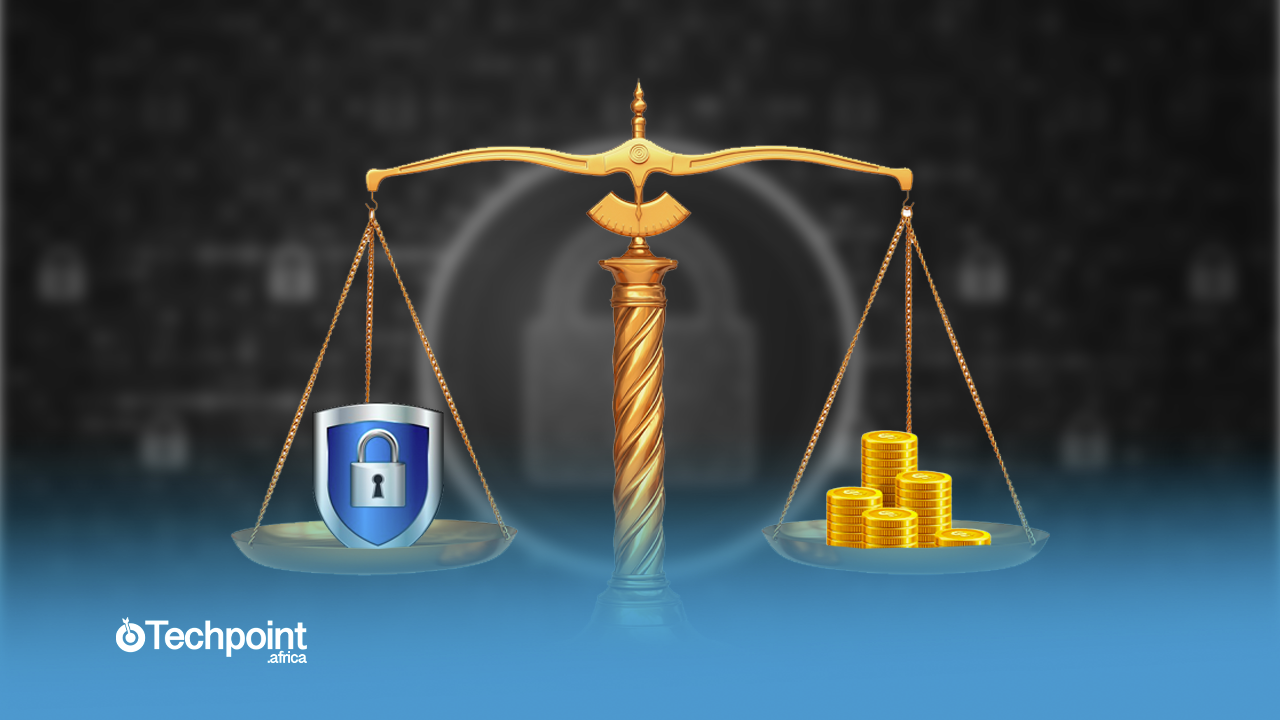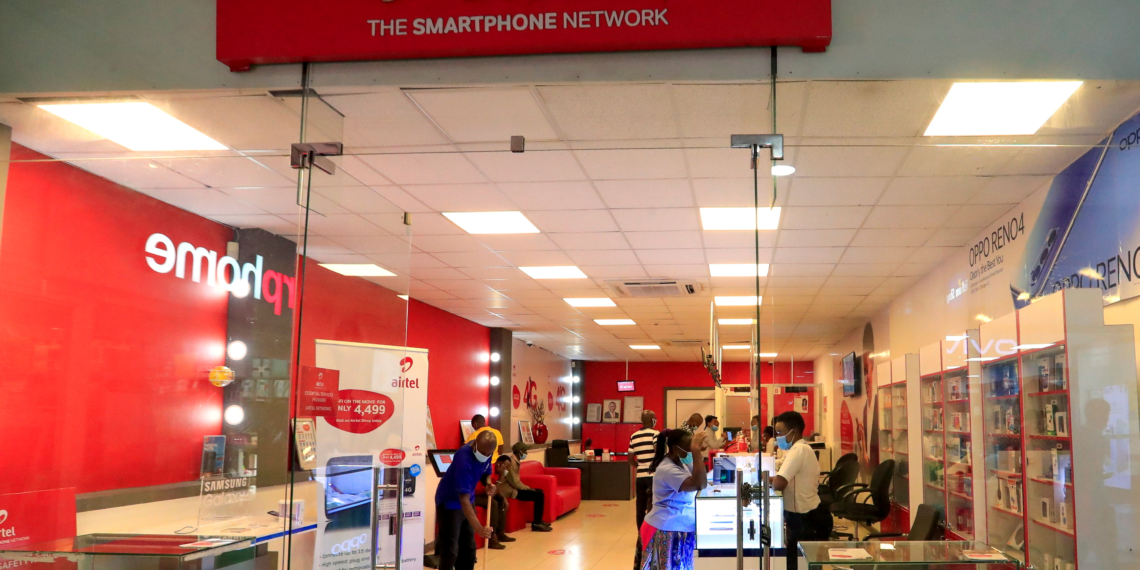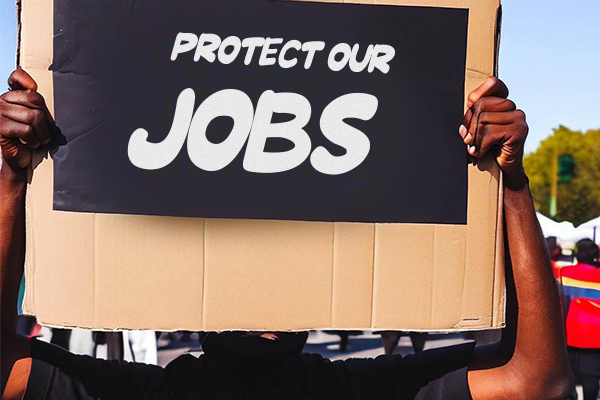Nigeria has, today, floated the naira to allow banks and other forex market actors to trade the currency freely. Foreign currency buyers and sellers can trade at rates they feel comfortable with based on market conditions and not what the CBN forces them to sell.
This move, which follows the president's decision to suspend the CBN governor, is easily the biggest game-changer for Nigeria's economy, especially the financial services industry. This article tries to answer how.
What does 'float the naira' mean?
When we say floating the naira, we mean the Nigerian government has decided to let supply and demand in the foreign exchange market determine the value of the naira. The naira's value will now fluctuate based on market forces.
Imagine placing an item on an online marketplace like Jiji, and instead of setting a fixed price, you allow people to bid for it. With this method, the price can go as high or as low as potential buyers value the product.

What was the naira doing before it started floating?
Before now, the Nigerian government used a fixed exchange rate. In this regime, the CBN determines the value of the naira and it remained that way, come rain, come shine. The value would only change when the CBN says so.
With the country plunging into an era of low oil prices, recession, and a global pandemic, the naira faced severe pressure and a black market emerged with vastly different exchange rates. That's why banks sold for N463/$1 while black markets sold for N760/$1.
How does it affect me?
Depending on who you are and where you work, the naira float will have direct or indirect effects on everyone living in Nigeria. For the average person, this would mean the cost of goods and services.
It will have a deep impact on people in different industries, but our focus will be the financial services space. Expect more details from Oluwanifemi and Bolu soon.
How does the naira float impact banks?
A floating naira will bring risks to banks as well as business opportunities. Banks help us send money home and abroad, and provide infrastructure for popular fintech companies to operate.

Be the smartest in the room
Give it a try, you can unsubscribe anytime. Privacy Policy.
Risk: If banks hold money in dollars, a naira appreciation could negatively impact them and vice versa. If you hedge money in either currency, this could apply to you.
Opportunities: Banks could seize the opportunities to create new financial products and investment opportunities. The UK's HSBC, for example, benefited greatly from China's floating of its Yuan currency. So yeah, if no local bank seizes the opportunity in Nigeria, foreign banks could.
Are virtual dollar cards still relevant?
The market and the company's innovation will determine the relevance of virtual dollar cards in Nigeria.
Issues with dollar scarcity drove the rise of virtual dollar cards providers like Chipper Cash, Payday, or Grey. While some parties assume that the naira float could make them irrelevant, this might not be the case.
The dollar scarcity also caused headaches for these startups, and the naira float will make dollar sourcing more efficient. Considering that these startups are also morphing into neobanks, which are offering more services for gig workers, they have much more cushion than we think.
Conversely, these startups will have more competition, but you don't want to bet against VC-backed startups when the free-market battle starts. These startups could potentially corner the market with lower rates than other players or better still, build new products that take advantage of the new policies.
As an impartial observer and occasional customer, I say may the best rates/innovations win.
How does this impact the fintech industry?
The naira float could encourage greater foreign investment that will boost Nigeria's fintech sector. New types of fintech products will emerge from a market with floating naira, and that will be exciting to see. I mean, we already spotted one at the last edition of Techpoint's Pitch Friday event.
Payments services providers like Interswitch, Paystack and Flutterwave could see an uptick in transactions, caused by people trying to take advantage of currency fluctuations. But they would have to manage risks.
We'll be talking with more experts to get a clearer picture of the potential long-term impact on the industry.
How does the naira float influence startups in Nigeria?
Startup founders, particularly those in the tech industry, could potentially benefit from a free naira float. It could attract more foreign investors, as they may see better value in their investments given a market-driven exchange rate. However, startups reliant on imported technology or services may face higher operational costs, which could impact their bottom line.
How does this decision influence the purchasing power of the average Nigerian?
Nigeria is import reliant, so if the naira falls against the dollar, it may lead to increased prices of goods and services.
Fortunately, the dollar scarcity already forced the prices of goods and services to increase as most traders bought and sold at black market rates. Forex restrictions on key goods and services still exist, and that could potentially be an issue.
However, if the naira stabilises and appreciates, the prices of goods are likely going to fall.
How will the floating of the naira affect Nigeria's business space?
The naira float could have positive and negative effects. A free market could cause fluctuations in imports and exports, but these can now be tracked and easily predicted from market events.
This will likely increase Nigeria's foreign debt in naira but also cut down costs for emergency dollar programs like the CBN's ill-fated naira-to-dollar scheme.
Argentina and Egypt are examples of countries that floated their currency. It initially led to sharp increases in the cost of goods and services, but exports and foreign investments eventually helped maintain stability.
What's next?
Patronage of the parallel market should slow down, and the use of official channels should attract more dollars to the Nigerian economy. For example, remittance inflows could start flowing in through official means.
The market is already begging for new fintech innovations, but the government needs to do more to improve transparency and restrictions to build investor confidence.
I hope this helps.





















